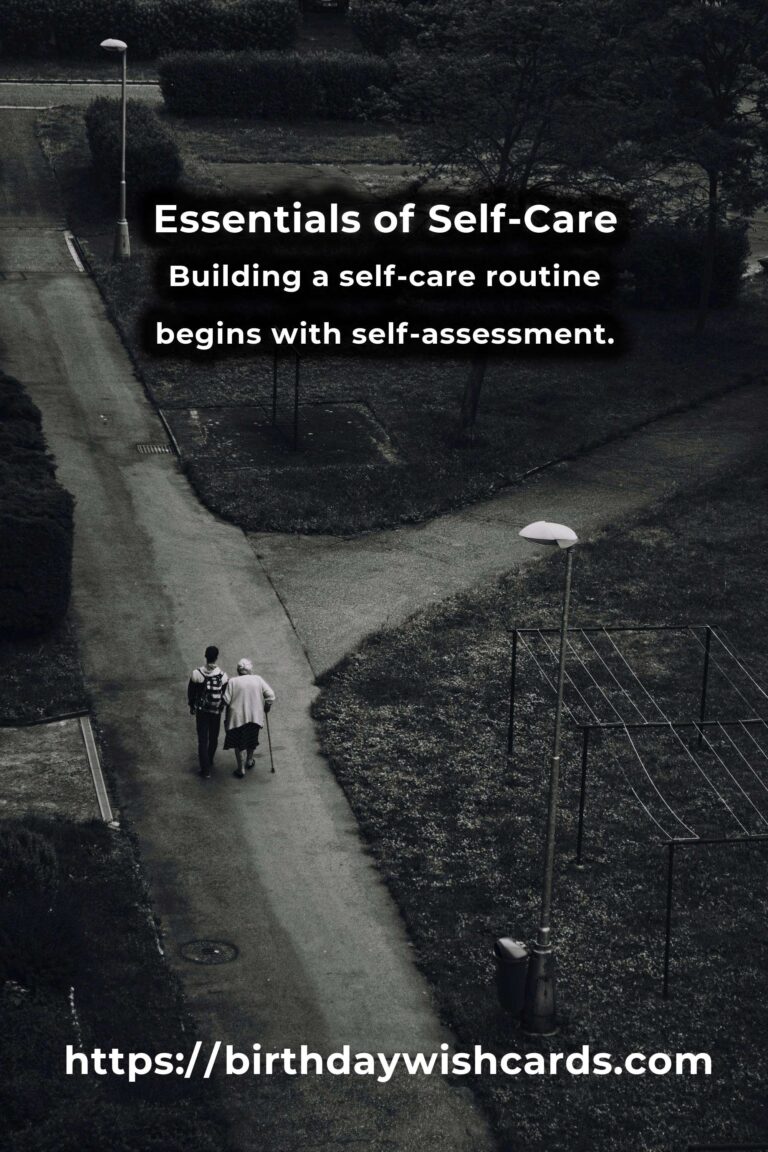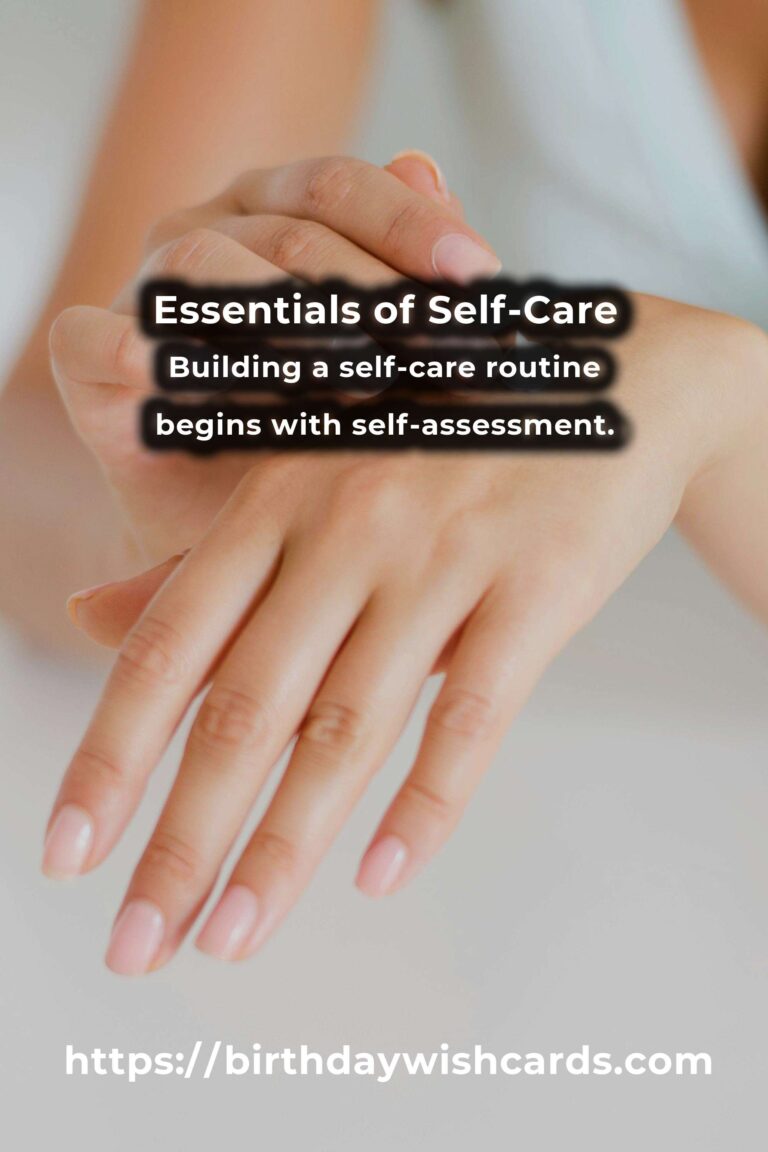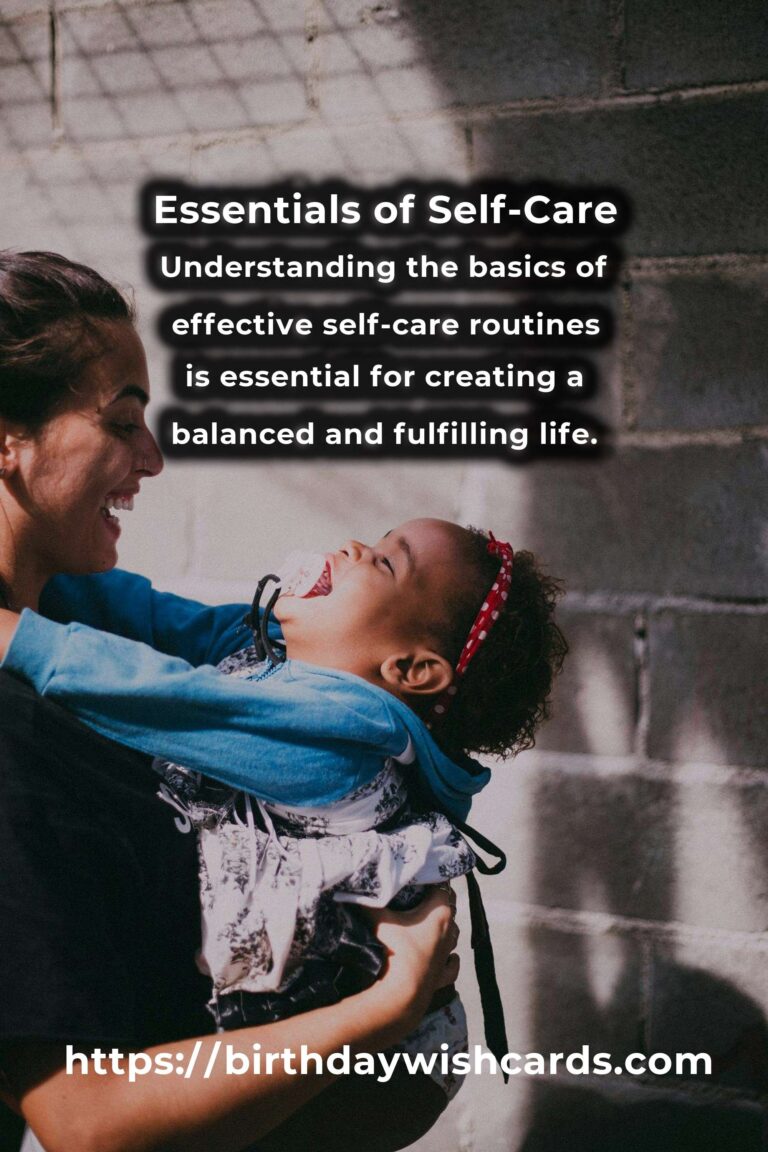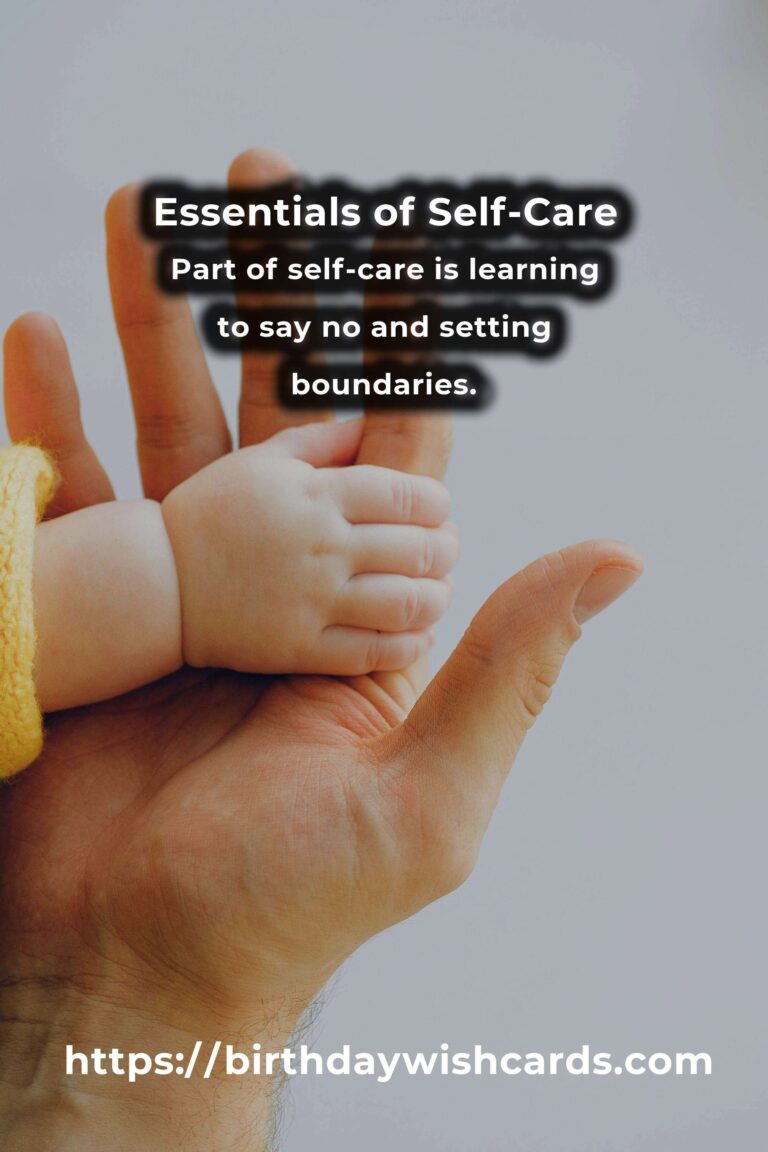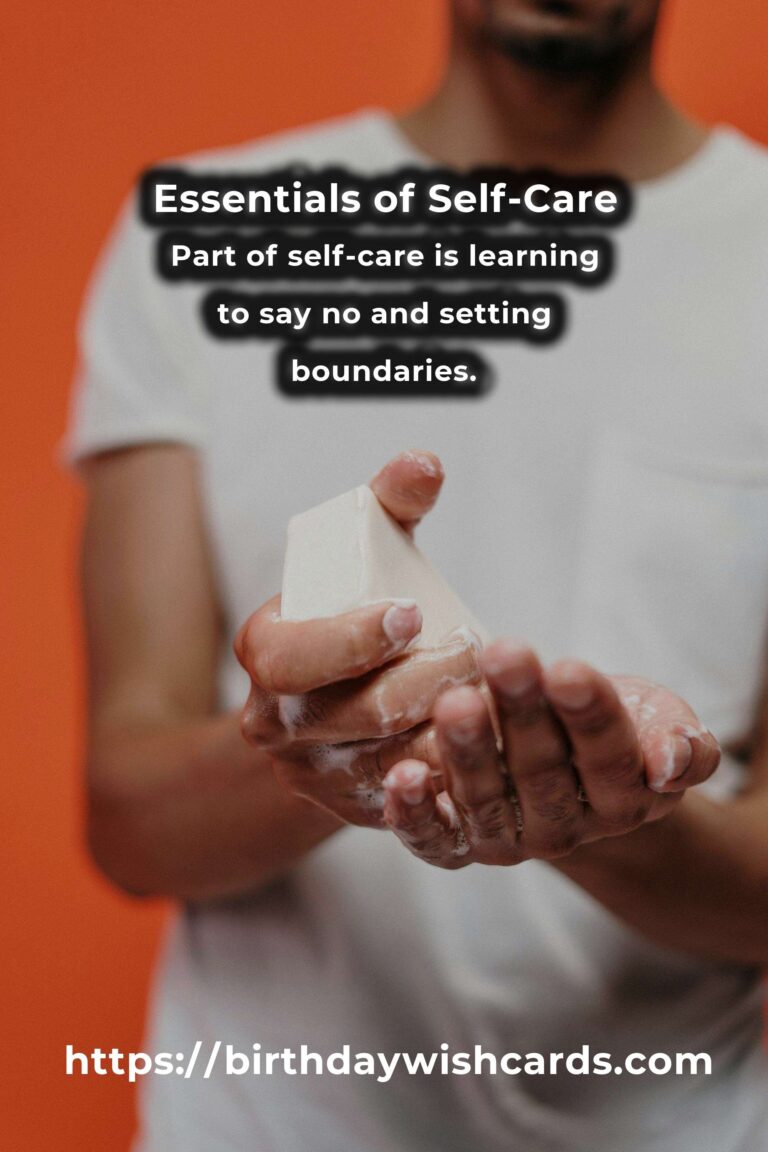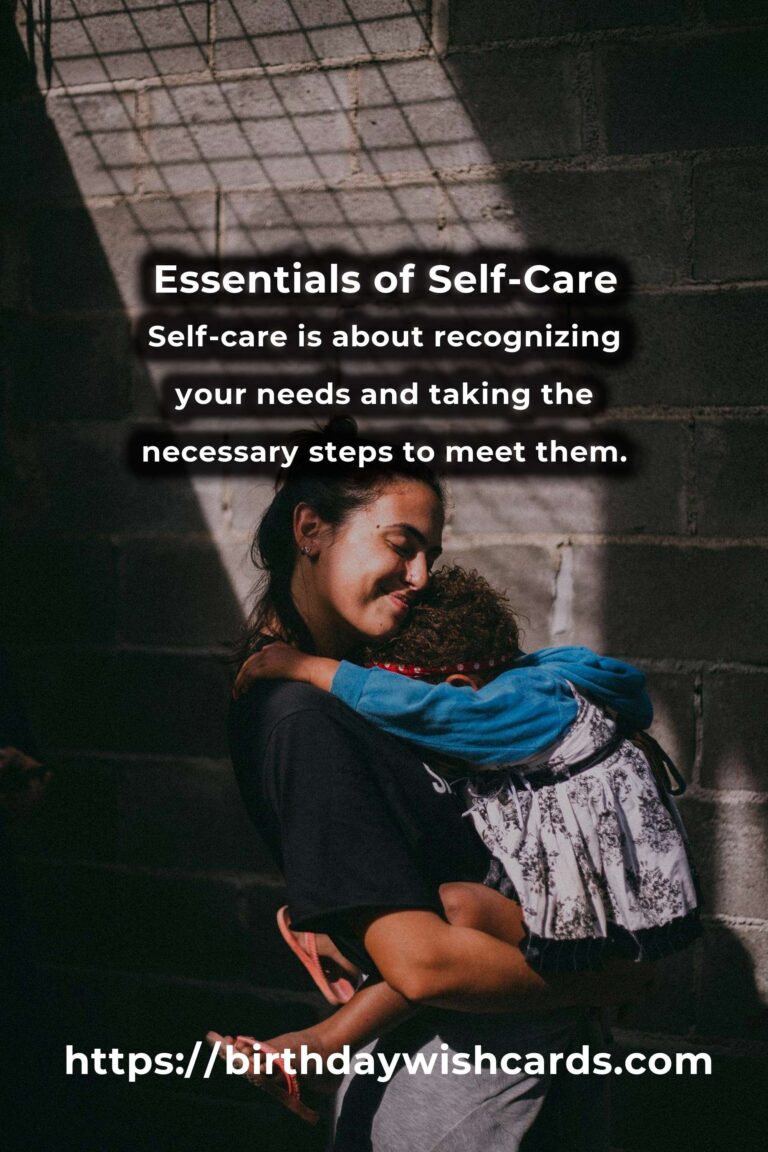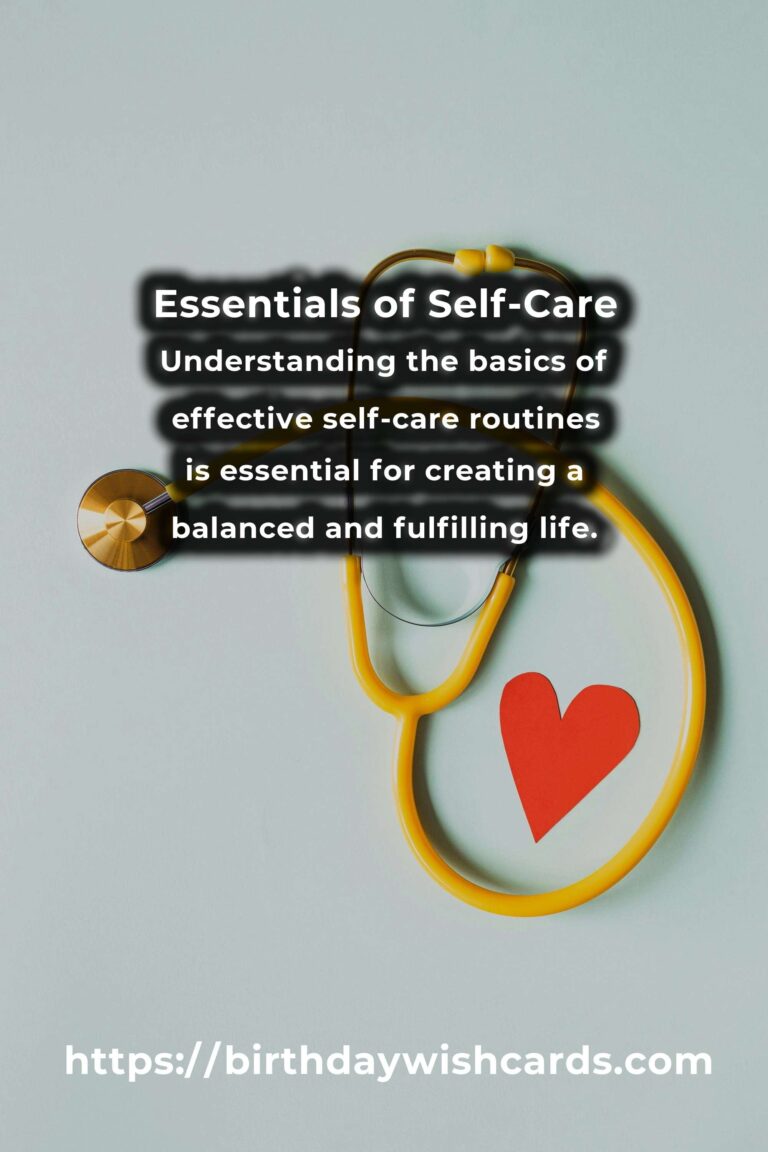
In today’s fast-paced world, self-care has become an essential aspect of maintaining mental, emotional, and physical well-being. While the concept of self-care may seem straightforward, creating a routine that truly benefits you requires understanding its various elements and tailoring them to your personal needs.
What is Self-Care?
Self-care refers to the practice of taking action to preserve or improve one’s health. This can include activities that promote physical health, mental clarity, and emotional stability. It is about recognizing your needs and taking the necessary steps to meet them.
The Importance of Self-Care
Self-care is vital because it helps manage stress, increases happiness, and fosters a better quality of life. By regularly engaging in activities that promote well-being, individuals can prevent burnout, reduce anxiety, and maintain a balanced life.
Components of a Self-Care Routine
Effective self-care routines usually encompass several components: physical, emotional, mental, and social. Each of these plays a crucial role in overall wellness.
Physical Self-Care
Physical self-care involves activities that improve physical health, such as exercise, proper nutrition, and adequate sleep. Regular physical activity releases endorphins, reduces stress, and enhances mood.
Emotional Self-Care
Emotional self-care focuses on understanding and processing your emotions. Activities like journaling, meditation, or speaking with a therapist can help manage emotions and build resilience.
Mental Self-Care
Mental self-care includes activities that stimulate the mind. Reading, solving puzzles, or engaging in creative pursuits can keep the mind sharp and prevent mental fatigue.
Social Self-Care
Social self-care is about nurturing relationships and connecting with others. Whether spending time with loved ones or engaging in community activities, social interactions are vital for emotional health.
Creating Your Self-Care Routine
Building a self-care routine begins with self-assessment. Identify areas that require attention and choose activities that align with your interests and lifestyle. Start small, setting achievable goals, and gradually incorporate more elements as you become comfortable.
Setting Boundaries
Part of self-care is learning to say no and setting boundaries. Protecting your time and energy is crucial to maintaining a sustainable routine.
Adapting to Change
Life is ever-changing, and so should your self-care routine. Be flexible and willing to adjust your activities as your circumstances and needs evolve.
Conclusion
Understanding the basics of effective self-care routines is essential for creating a balanced and fulfilling life. By addressing physical, emotional, mental, and social needs, you can cultivate a routine that supports your overall well-being. Remember, self-care is a personal journey, and what works for one person might not work for another. The key is to remain mindful and intentional in your approach.
Self-care is about recognizing your needs and taking the necessary steps to meet them. Effective self-care routines usually encompass several components: physical, emotional, mental, and social. Building a self-care routine begins with self-assessment. Part of self-care is learning to say no and setting boundaries. Understanding the basics of effective self-care routines is essential for creating a balanced and fulfilling life.
#SelfCare #WellBeing #MentalHealth #HealthyLifestyle #StressManagement


